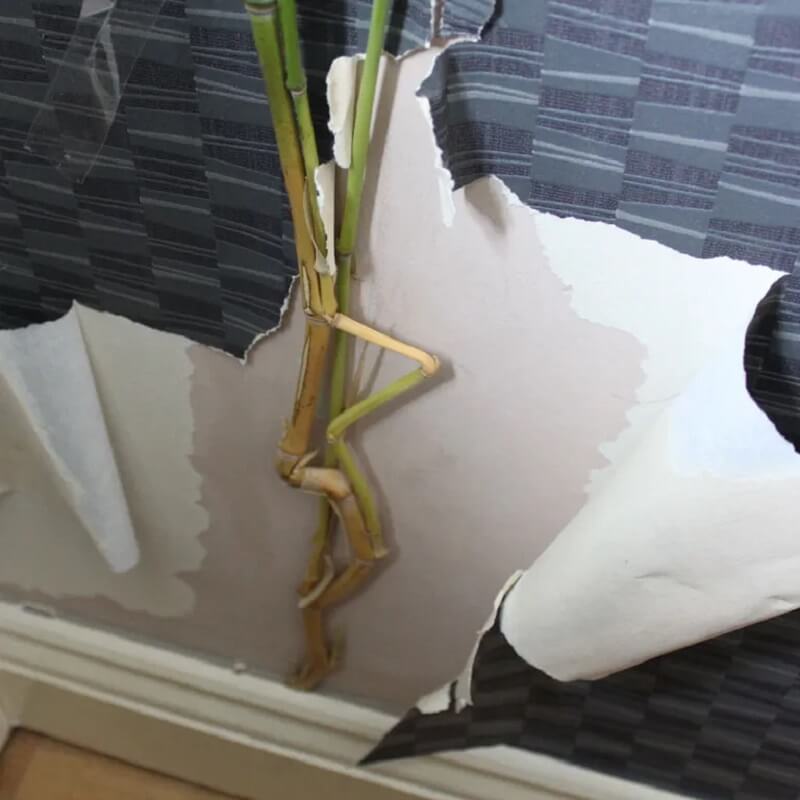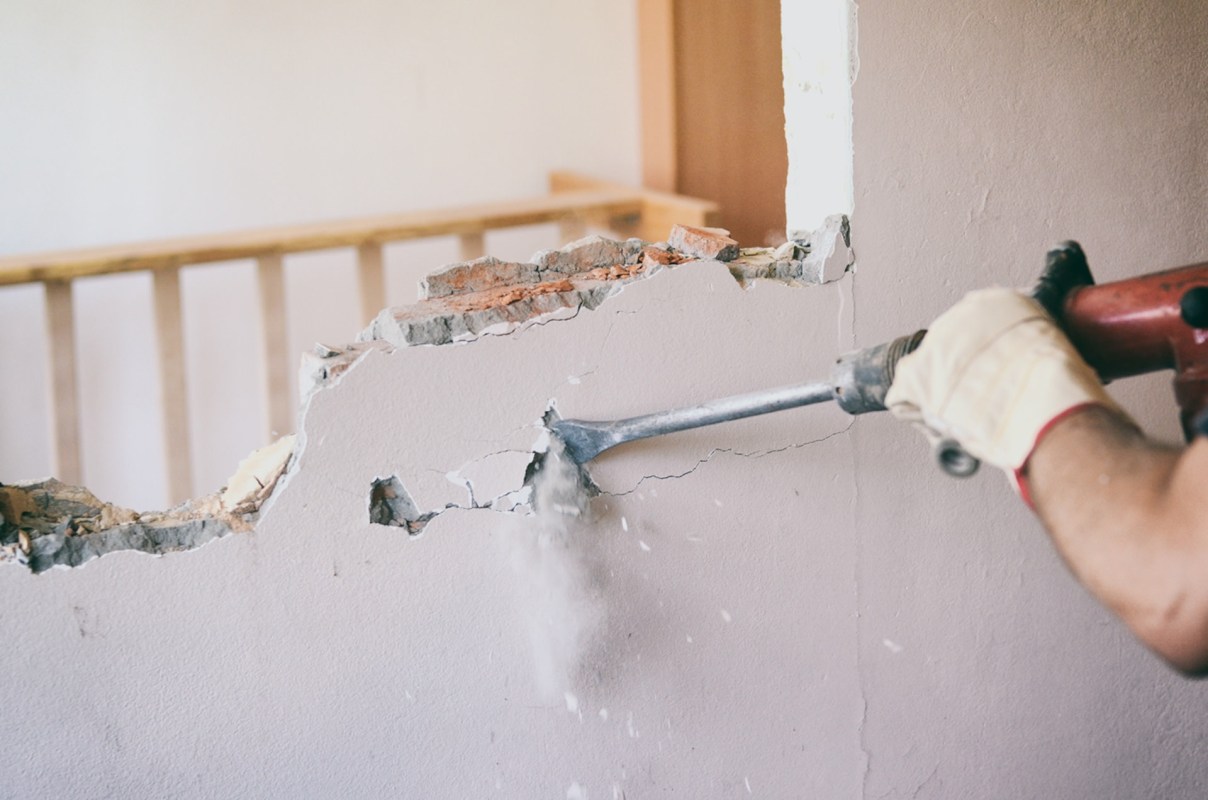A naive home gardener accidentally planted an invasive species that grew so quickly, it destroyed their neighbor's home — to the tune of over £100,000 (around $120,000) in damages.
The culprit? Bamboo.
As detailed by the magazine Ideal Home, it began with innocent intentions: A homeowner, wishing to create a garden edge, planted bamboo to form a natural screen between their home and their neighbor's.

Unfortunately, they failed to consider just how rapidly and widely some types of bamboo can spread. Once it was in the ground, it quickly developed a network that stretched beneath the neighboring house — and eventually burst up through the concrete floors and the walls.
"This is the worst case of bamboo encroachment and damage to property I've ever seen in this country," said Nic Seal, the founder of invasive plant removal company Environet UK. According to Ideal Home, the homeowners had to leave the property for "several months."
Some species of bamboo are particularly adept at wreaking havoc due to the hardiness of their roots, which are called rhizomes. Planted carelessly and left unchecked, bamboo has been known to take over yards or even cause power outages through the sheer force of its growth. The risks are especially high when the bamboo is planted directly into the ground — as it was in this case — rather than into a strong pot.
Watch now: Solar-powered boats from the Honnold Foundation are making a difference in the Amazon
"I would urge anyone considering planting bamboo to think twice," Seal said. "And if you already have it growing in your garden, take action now to ensure it's properly contained."
But bamboo is far from the only invasive species that's prone to causing issues. Other species, like the Japanese knotweed and English ivy, are known for overwhelming public and private green spaces, killing beneficial native plants, and threatening the structural integrity of buildings and roads.
Several states have mandated that people must obtain a special permit to plant certain invasive species — and others have banned those species altogether.
So if you're looking to upgrade your yard, instead make sure to consult a list of native plants in your area. Not only will they look beautiful, but they'll also create a nurturing environment for local pollinators. Healthy pollinators ensure clean air and abundant food for the entire food chain.
And if you really love bamboo, try seeking it out in other forms, like diapers, utensils, or even toilet paper.
Join our free newsletter for easy tips to save more, waste less, and help yourself while helping the planet.









